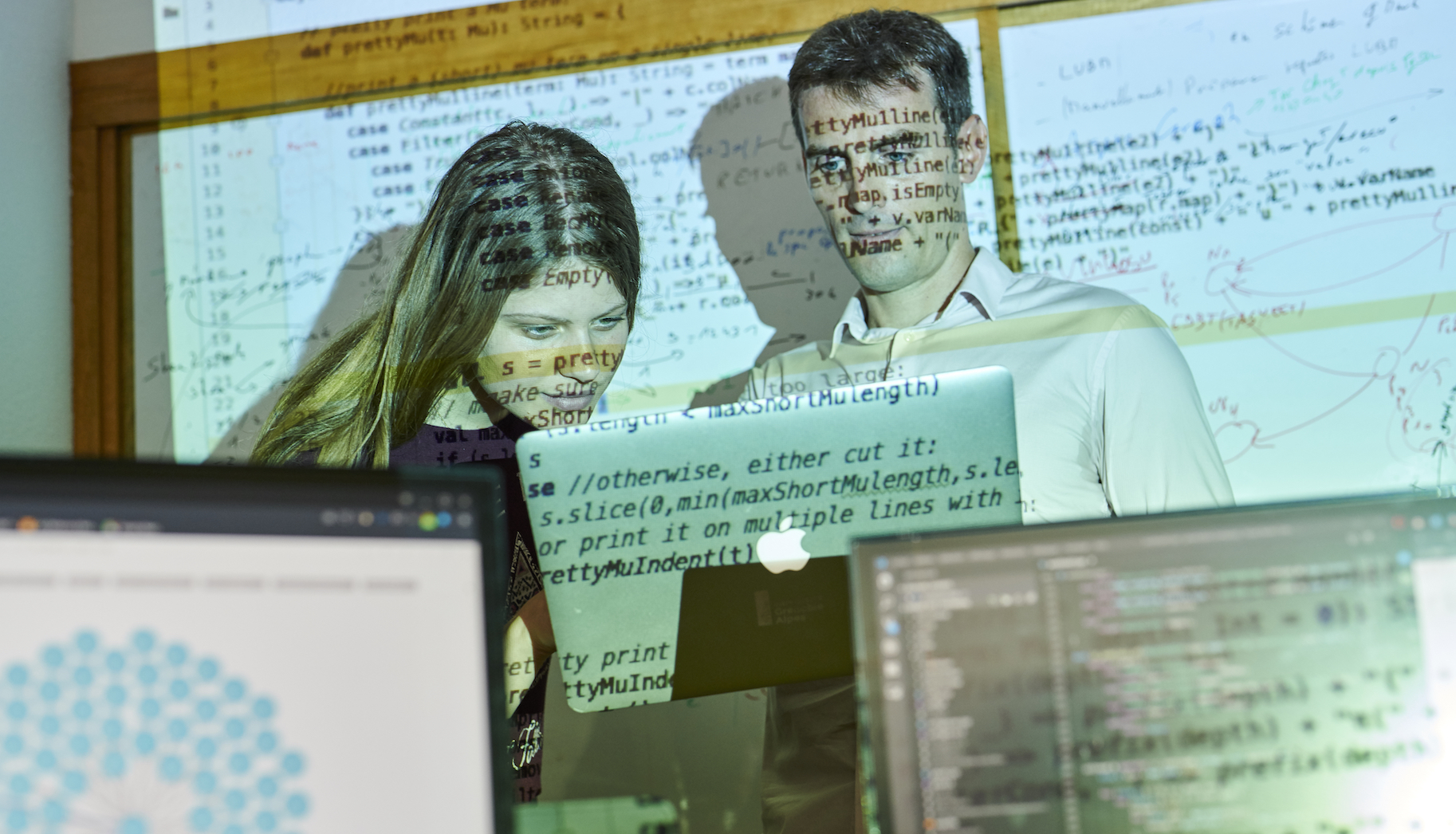
On 8 November 2021, the Government launched the second phase of the national AI strategy, with the main aim of accelerating the spread of artificial intelligence technologies within the economy while aiming to support development and innovation in certain priority areas such as integrated AI, trusted AI, and AI at the service of the ecological transition.
It is within this framework that the PEPR IA was created, a programme co-directed by the CEA, the CNRS and Inria, with the aim of setting up unified research to remove the barriers to the deployment of AI, and to bring out breakthrough technologies for the development and use of artificial intelligence "made in Europe". This is a structuring measure for this second phase of the national strategy, as it will support a transformation that has already been underway since 2018 with products, services, uses and players in the field.
Verbatim
Alongside other projects such as P16, LaborIA, PNRIA and the DeepGreen project, this PEPR is part of an overall drive to accelerate AI. There is a desire to mobilise the entire academic and industrial ecosystem in an attempt to position itself on specific issues related to the development of artificial intelligence.
Head of Inria's artificial intelligence programme
Nine projects focusing on three strategic themes
The programme is structured around three main areas of research: frugal AI and embedded AI, decentralised machine learning and trusted machine learning, and the new mathematical foundations of AI.
"These three themes, between which there are many links, correspond to central issues around AI and sovereignty. Embedded AI and trusted AI are areas in which France and Europe can play a key role. The environment is also a key issue in our AI-related research work", explains Marc Schoenauer, head of the TAU team at the Inria research centre at the University of Paris-Saclay and Inria Director of the PEPR IA.
Behind these three main areas, nine projects have been defined in consultation with a committee of AI experts and the entire community (consulted via a call for contributions). The approach has been an open one, and the project leaders have come up with cross-disciplinary and multi-disciplinary proposals to bring together different players around this issue.
With a substantial budget of around five million euros each, these projects were entrusted to an institution responsible for leading a consortium with a small number of partners (around five research teams).
Verbatim
We have ensured that this PEPR is genuinely co-managed by the three institutes, and also with the universities. This was our intention from the outset, and we have succeeded in meeting it.
Head of the TAU team at the Inria research centre at the University of Paris-Saclay and Inria Director of PEPR IA
Additional calls for projects will also be launched in the near future, in line with these three defined themes. One of these will be devoted to mathematical foundations, and will enable new mathematical methods inspired by game theory and multi-agent systems to be tackled, particularly in the context of generative AI.
Facilitating interdisciplinarity, attractiveness and technology transfer
PEPR IA has set itself the goal of meeting three major challenges facing the sector.
The first is to encourage interdisciplinarity, by bringing together communities that have hitherto had limited interaction. Part of the PEPR budget will therefore be devoted to coordinating the community at national level, to facilitate collaboration between the various players in the sector, and in particular to develop the impact of PEPR research results on the economy, and in particular on start-ups and SMEs.
The second is to attract talent in the face of fierce international competition. The PEPR plans to build on Choose France, a programme to attract the best international brains. With an overall budget of thirteen million euros for this action, the PEPR plans in particular to help holders of international chairs to settle in France (help in finding accommodation, help with administrative formalities, etc.), but also to create six international chairs devoted to targeted projects, and six international chairs on emerging subjects, shared between the PEPR pilot institutions.
The third is to identify, throughout the duration of the projects, areas of research that can be transferred to industry through the creation of innovative technological services, in order to build bridges between public research and innovation, in close interaction with initiatives such as the Startup Studios and the Technology Transfer Acceleration Companies (SATT).